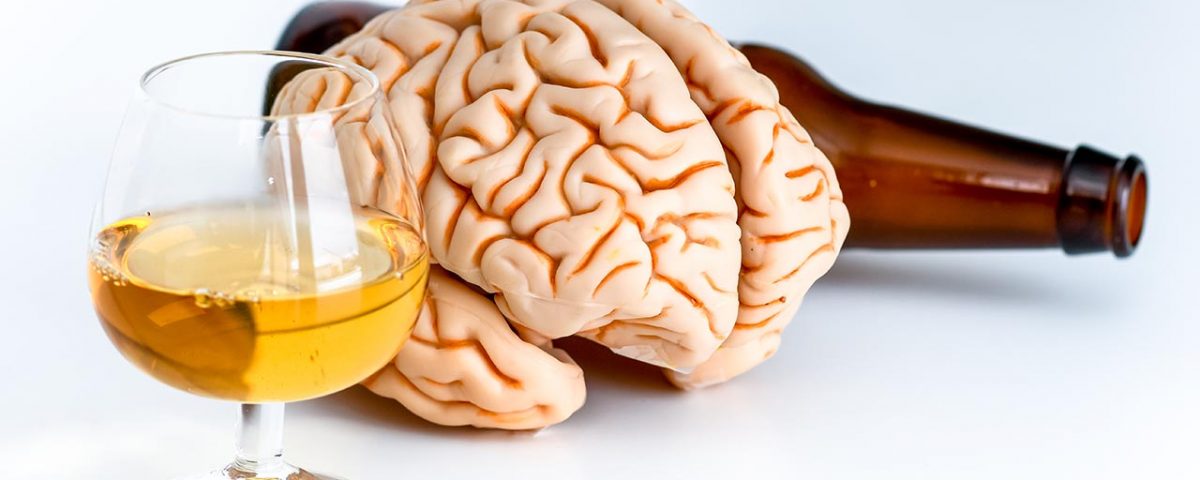One of the things that can notably affect your memory is alcohol. It mainly disrupts a person’s capacity to create fresh memories in the long–term. In addition, it makes it hard for someone to recall their once-established long–term memories and to keep fresh data active in short–term memory for even a few seconds.
Whether it’s consumed over a short or long time, excessive alcohol use can result in memory lapses. Ranging from problems remembering recent events to total memory loss (dementia).
A 2013 research revealed that about 78℅ of the people diagnosed with alcohol use disorders experience transformations in their brains.
To learn more about alcohol, and your memory, continue reading. In this post, you’ll learn why and how alcohol affects your short-term, long-term, and working memories and the alcoholic effects symptoms on your memory.
Let’s dive in.
Table of Contents
ToggleWhy Does Alcohol Affect Memory?
Alcohol-affiliated blackouts are gaps in an individual’s memory for events that happened while they were severely intoxicated. The above-mentioned gaps occur when a person drinks excess alcohol. Which interim stops the transition of remembrances from short to long-term memories in a consolidation of the memory process. This takes place in the brain’s area known as the hippocampus.
How Alcohol Affects Memory

Doctors have determined several ways in which alcohol drinking can affect your memory. They include:
Short-term memory loss
A few people experience ‘blackout’ when they heavily drink alcohol, according to doctors. Hence, they’re unable to recall key details, which can be as small as where a person placed their phone or as big as forgetting what transpired the whole night.
By delaying transmission within an individual’s nerves, liquor inhibits short-term memory. This occurs in the brain’s hippocampus area, which substantially helps a person form and retain memories. Whenever your regular nerve activity slows down, you are bound to experience short-term memory loss.
Long-term memory loss
Excessive consumption of alcohol can easily delay the hippocampus’s activities as well as damage it. By destroying the nerve cells, hence affecting both the short and long-term memories of an individual.
Similarly, people who consume a lot of alcohol are usually deficient in thiamine or vitamin B-1. An essential vitamin in the provision of energy to the nerve cells and the brain.
Uncontrolled use of alcohol can cause vomiting, thus affecting how the stomach and intestines absorb nutrients, including thiamine. Whose deficiency can cause dementia (a progressively permanent memory loss)?
Normally, the long-term memory loss consequences are interconnected to consuming over twenty-one bottles of alcohol for over four years, as revealed by research by a general hospital in Massachusetts.
Working memory loss
According to the study by Springer Link involving 1629 participants, alcohol intake notably impaired working memory performance. Especially regarding the executive manipulation processes.
However, more research is required to help determine how alcohol-induced working memory effects relate to a person’s limited self-regulation.
Alcohol and older people’s memory
As an individual age, their brain becomes more susceptible to alcohol. Similarly, their metabolism slows down, leading to a longer alcohol stay in their body system. Hence, making them vulnerable to both short-term and long-term alcohol consumption effects on their brains.
Besides, numerous old people experience a slow deterioration of the hippocampus cells. Which, when added to the effects of excessive alcohol consumption, worsens a person’s memory loss.
Symptoms of alcohol effects on memory
Here are some of the symptoms which may imply that an individual is suffering from long-term memory loss related to alcohol:
- They create little stories to fill voids in their memory (configuration symptom).
- They exhibit notable personality changes, including seeming withdrawn, frustrated, and angry.
- They often ask questions repeatedly without showing that they recall having asked them earlier.
- They find it difficult to learn a new skill, like playing a guitar
How Alcohol Affects Memory FAQs
Some commonly asked questions on alcohol and memory include:
How do you fix memory loss as a result of alcohol?
Research pursuing participants for twenty-seven years established that reasonable alcohol use ( 1 – 2 drinks a few days a week) did not increase dementia risk. This study recommends moderate alcohol intake to protect a person’s memory,
Will my memory improve if I stop drinking?
A study showed improvement in the performance status of healthy participants without alcohol use disorder in multiple crucial areas, such as short-term and long-term memories.
Does alcoholism cause memory loss?
One of the common issues associated with alcohol-related brain impairment (ARB) is memory loss. In severe cases, people struggle to recall daily events, while others find it hard to even remember the skills and information learned previously.
Conclusion
Heavy alcohol intake can negatively impact a person’s memory. If a person uses liquor for a long time, they risk many memory-related health situations, including short, long, and working memory losses.
In case your relative or friend drinks excessively or is an alcohol addict, you should consider seeing a medical practitioner.

I am a passionate beer connoisseur with a deep appreciation for the art and science of brewing. With years of experience tasting and evaluating various beers, I love to share my opinions and insights with others and I am always eager to engage in lively discussions about my favorite beverage.
















